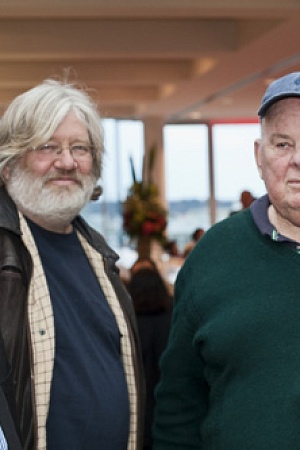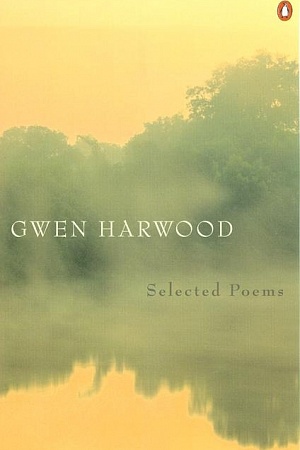A Momentary Stay
Pandanus Books, $19.50 pb, 40 pp
Sand
Five Islands Press, $16.95 pb, 84 pp
Making it happen
William C. Clarke cuts an interesting figure. An anthropologist who has concentrated on Pacific populations, Clarke combined this discipline with an interest in poetry in his 2000 lecture ‘Pacific Voices, Pacific Views: Poets as Commentators on the Contemporary Pacific’. Clarke used his poetry as a vehicle for considering issues such as land tenure, corruption, and tourism. It is angry, astute poetry; this is not the tranquil Hawaii and Fiji of tourist literature. Such poetry is undoubtedly moving, despite Clarke’s echo of W.H. Auden’s assertion that ‘poetry makes nothing happen’.
In A Momentary Stay, his first collection, Clarke persists in exploring politically charged issues. He draws attention to the ways we mistreat and misunderstand nature: how ‘the soil slides down slope / beneath the dearth of a bird’s song’. Politically, nothing may happen due to this collection; on a smaller scale, Clarke’s poetry inspires movement, in both poet and audience. As with all good poetry, thoughts are rearranged, positions reconsidered.
The title touches on, ironically perhaps, the meaning of existence. According to Clarke’s environmental understanding, we are simply ephemeral dwellers on this earth. The phrase comes from Robert Frost, who argued that poetry ‘runs a course of lucky events and ends in clarification of life … a momentary stay against confusion’. For Frost, the ‘momentary stay’ of poetry makes something happen; humans have the capacity to understand and order the world through art. It is through the unobjective, illogical language of poetry that we are invited to do both.
So it is for Clarke. In ‘Ecology’, he struggles against his desire to personify and sentimentalise nature, exploring instead nature’s command of order and logic: ‘I know the songs of birds / sound not for happiness / but to denote possession.’ Yet something happens and the poet is returned to that which he doesn’t ‘know’:
Continue reading for only $10 per month. Subscribe and gain full access to Australian Book Review. Already a subscriber? Sign in. If you need assistance, feel free to contact us.











Leave a comment
If you are an ABR subscriber, you will need to sign in to post a comment.
If you have forgotten your sign in details, or if you receive an error message when trying to submit your comment, please email your comment (and the name of the article to which it relates) to ABR Comments. We will review your comment and, subject to approval, we will post it under your name.
Please note that all comments must be approved by ABR and comply with our Terms & Conditions.